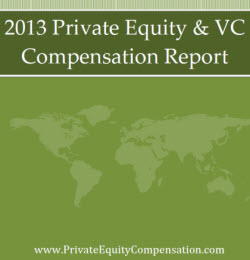In an almost bizarre “only in Washington politics” twist, the Obama administration is asking the very industry it has been vilifying over the last three years to help rescue the beleaguered housing market by taking hundreds of thousands government owned foreclosed homes off of its hands. Specifically, Fannie Mae and Freddie Mac are calling on private equity firms to invest in pools of distressed residential properties and converting them to rentals in the hopes of stemming the market decline while generating positive returns for investors. And, thus far, private equity firms are biting.
While the current inventory of government controlled properties sits at around 200,000, the potential pool of investments could reach into the millions as nearly 8 million homes are expected to be liquidated through foreclosure or short sales over the next four years. At an average of 8.1% yield on investment – through rental income alone – the residential rental market presents investors with an attractive alternative investment opportunity. Rental demand is up sharply and the supply of quality, well-managed residential properties is tight.
But, private equity has always been more attracted to investments that also offer significant capital appreciation potential – something that many housing experts say doesn’t exist in a market that has yet to touch bottom. The PE firms that are investing are target specific regions of the company, including California, Nevada and Florida – areas that have been hit the hardest, but where the demand for quality rentals is the highest.
Firms, such as GTIS Partners of Menlo Park and Oaktree Capital Management of Los Angeles have already committed hundreds of millions, and others, such as Cerberus Capital Management, Starwood Capital Group and TCW Group are ready to stick their toes into this new market. The sheer size of the market, which dwarfs the commercial and residential apartment market, would warrant a separate asset class in allocation strategies.
Obviously this new asset class would not be without its risks. But, analysts see the hefty rental yield, some 300 basis points higher on average than that generated from apartment housing, as mitigation to risk along with government support through shared risk provided by the FHA. Exit strategies would have to be based on a five-year plus holding period assuming the portfolio achieved a benchmark of capital appreciation acceptable to investors. If housing prices don’t rebound, a portfolio could be converted into a real estate investment trust and managed for an income stream.
One has to wonder if the private equity industry does come to the rescue of the housing market or, more specifically Fannie, Freddie and the federal government, whether it will continue to be portrayed in the villainous light that it currently, or will people and politicians finally have to recognize the significance of private investment in the economy.



{ 2 trackbacks }